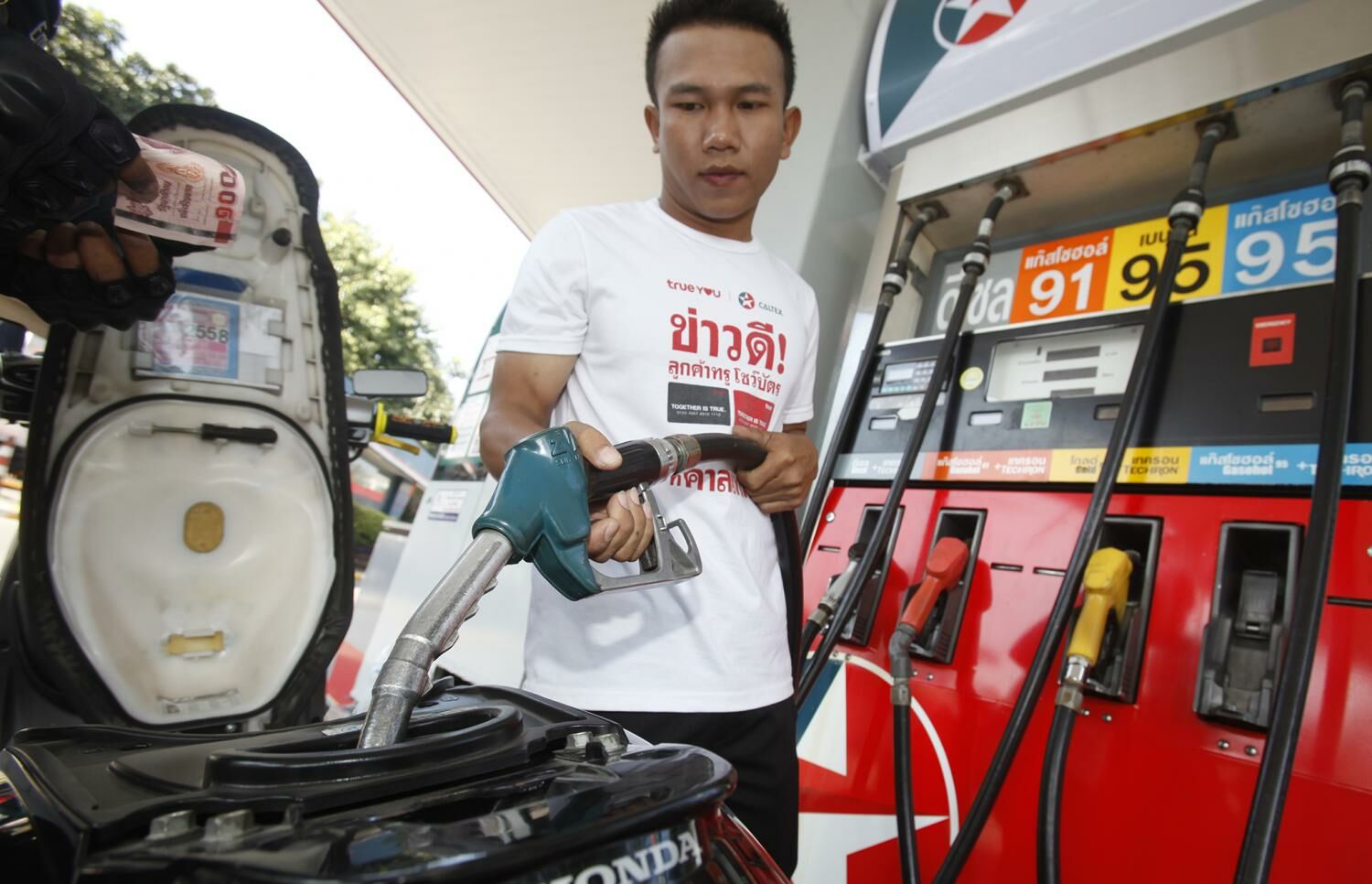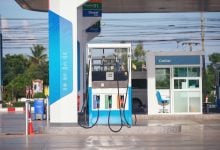Cabinet’s gasohol price cut draws scrutiny despite public approval

The recent resolution by the Cabinet to trim the prices of gasohol 91 and 95 by a single baht per litre has prompted queries from energy experts and firms, despite the public’s eager acceptance of this cost-of-living alteration.
This determination was reached following Bangchak Corporation, a crucial oil retailer, increasing the prices of the majority of gasohol types, an amalgamation of gasoline and ethanol, by 0.3 baht per litre at 5am today. The firm’s superior gasohol, branded as Hi Premium 97, increased by 0.6 baht per litre. The primary cause of these hikes can be attributed to the escalating crude oil prices on the global market.
Thammasat University’s economist, Praipol Koomsup, acknowledges the government’s intent to aid motorists in managing transport expenses. However, he suggests the focus should be on methods to subsidise the prices of liquefied petroleum gas, used as cooking gas by households, and diesel, a central fuel in the industrial sector. The quantity of gasoline and gasohol consumers pales in comparison to diesel users, he stated.
Gasoline and gasohol consumption equates to 30 million litres of the total 150 million litres of oil consumed in the country, a stark contrast to diesel usage, which stands at 60 to 65 million litres. This pattern is mirrored in the oil sales at PTG petrol stations, with gasohol and gasoline constituting a mere 25 to 27% of total sales, while diesel accounts for 73 to 75%, revealed Rangsan Puangprang, the chief financial officer of SET-listed PTG Energy Plc, reported Bangkok Post.
Praipol noted that the measure to subsidise gasohol prices will add further financial strain on the country, especially as several high-cost projects are being considered by the government, including the 10,000 baht digital wallet scheme and the cutback of ticket prices for commuters on select electric train routes.
Initially, the cabinet intended to reduce the price of only gasohol 91 by 2.5 baht per litre via a reduction in its excise tax. However, as levies from gasohol 91 and 95 are not separately collected, the Cabinet gave the green light to the 1-baht reduction for both gasohol 91 and 95.
These revised prices will be effective on November 7 and will last for three months. Gasohol 91 and 95 are also referred to as gasohol E10, given that they are blended with 10% ethanol.
Latest Thailand News
Follow The Thaiger on Google News:


























